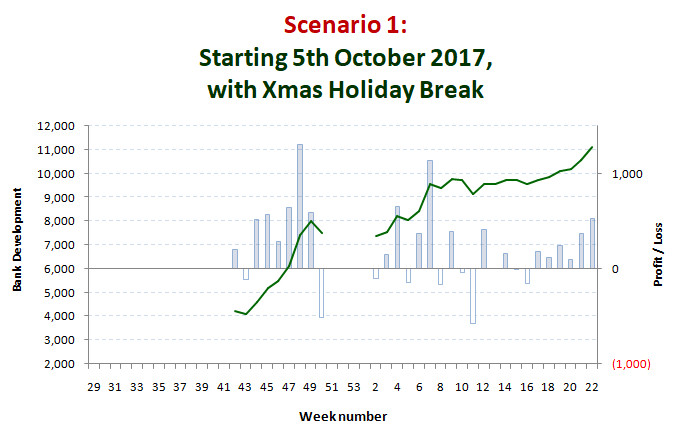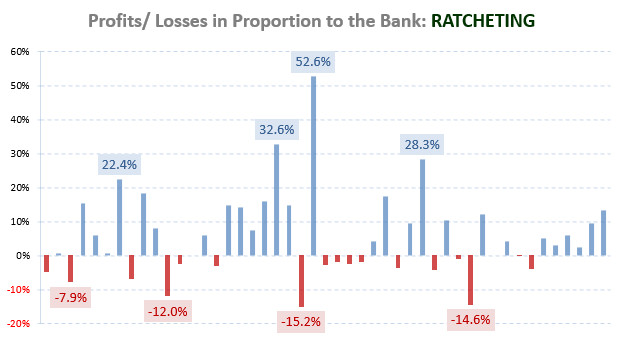
How do I find ‘value’?
This is not always a simple question to answer.
You must also be aware that your own calculations of the odds and therefore the ‘value’ included may not always correspond to the actual result of the match you are analysing.
Everyone has their own method of analysing the available statistics and the ultimate task is finding the optimum solution.
- How should the statistics for the home team be combined with those of the away team?
- Should the form table (e.g. the last six match results of each team) be used, and how do the head-to-head results (for direct comparison) come into play?
- What about other extraneous factors such as the quality of players in each team or whether one is involved in a title challenge or a relegation battle?
- What about the weather, the distance the away team has travelled, the reputation of the referee taking charge of the game?
Some punters like to include everything in their odds calculations but the extraneous factors should be weighed up and assigned a level of importance ranging from insignificant, to important, to very important.
Only after the odds have been calculated should these external factors be used to make the final decision.
Tips for an “ideal” method
- Do not look too far back in the past when choosing statistical information to analyse and never include cross-competition information as the way teams play in a cup match can vary dramatically from their league form.
- Some teams do not take certain cup competitions seriously, preferring to concentrate on their league games and standing.
- Always bear in mind that results at the start of a league season take time to settle down into a familiar pattern.
There are also surprise results at the end of a season where matches can involve one or both teams having nothing to play for.
- Make a choice of which leagues you are going to analyse and stick with this decision.
- Analyse games between teams which have played each other in the same league over a certain number of seasons to maintain consistency of results.
- Stick to professional leagues and ideally to the premier divisions in each territory as there is less ‘statistical noise’.
With lower leagues there is usually an element of promotion and relegation, and certainly in the English lower leagues, three teams will be promoted and four relegated every season.
The composition of the league will therefore change far more often (seven new teams out of 24 each season), whereas in the EPL, only three new teams appear each season.
- You will read on the Net that lesser known leagues are not so thoroughly analysed by the bookmakers and that these therefore offer better chances of value bets.
However, reliability of results is better the more professional and stable in its composition a league is.
Good luck with your ‘value’ betting!
Karin
prince-value-bet.de








I wonder if Antonio still has his success in betting in ante post markets without value. In last year I tried everything possible to create a sure-fire way to make money in betting, however the only way IS value betting. The question is how one can find the value.
I have to tell you that in fact you can be successful in ante post markets WITHOUT betting value!!!
Now I know that not only will you not believe me but you will think I’m an idiot for saying so.
What I will ask you to do,however,is to try to work out how that could be true.
Because I assure you that it is!
(And yes I do mean you can make long-term profits from ante post markets without ANY of your bets being value!)
“the reliability of results is better the more professional a league is”!?
Im not quite sure what this means exactly but if it means what I think it means wouldn’t it be easier for bookies to accurately price up such markets?